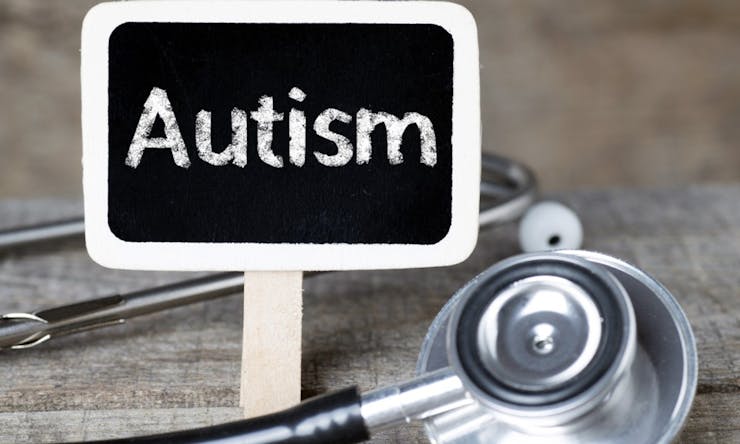Michigan could be the first state to include autism as a qualifying condition for medical cannabis. Community members and families with autistic children eagerly await a vote from Michigan’s Department of Licensing & Regulatory Affairs (LARA) that will take place July 31 and would permit medical cannabis as treatment for children and persons with autism. State doctors are presenting evidence, for the second time, to a panel who determines whether there is sufficient evidence to add autism as a qualification for medical cannabis.
In 2012, a mother with an autistic child petitioned LARA to legalize autism as a qualifying condition for medical cannabis. Unfortunately, the panel voted 7-2 against the petition, concluding there wasn’t enough peer-reviewed research to legitimize the benefits of medical cannabis for autism.
This year, on May 27th, another Michigan mother with an autistic child petitioned LARA with a robust team of support, including 19 family testimonies as well as state and national physicians who compiled 75 peer reviewed articles and over 800 pages of research detailing the hidden connection between the endocannabinoid system and autistic symptoms.
The effort, largely headed by Dr. Christian Bogner, a board certified physician at the Oakland University William Beaumont School of Medicine in Michigan, is pushing for a vote of approval, not to supplement all current treatment methods for autism, but to allow parents to provide cannabis as a therapeutic treatment without fear of being arrested.
In a recent publication, Dr. Bogner explains the current state of autism in the US:
“1 in 68 kids [is] diagnosed with autism in the US. There [are] no effective treatments that are readily available. About 3.5 million Americans are affected […and each] year the incidence raises 10%. It is a 236 billion dollar problem in this country per year, [and in] 10 years it will be [a] 400 billion [dollar problem].”
Bogner also has a child with autism, and he understands the hardships that come with it. Clearly something needs to be done, as our current approach to treating autism isn’t progressing patients and medicine forward.
Alongside Dr. Bogner, Dr. Lester Grinspoon, a 40 year Professor Emeritus at Harvard Psychiatry, states:
“Marijuana is the drug of choice these days for symptomatic treatment of autism. If I had an autistic child, I’d be right there with these parents figuring out his strain and dosage.”
Grinspoon also recognizes the implications cannabis can have on a child’s development, but points to other current treatments as more harmful:
“There is no question that the brain continues to develop until the early 20s, and we must be very careful as physicians about young brains’ exposure. That being said, I do not worry at all about exposure to cannabis compared with the other pharmaceutical products used to treat autism.”
To further the support to add autism as a qualifying condition, when questioned about the issue, Dr. Chugani, Chief of the Pediatric Neurology department at Children’s Hospital of Michigan, exclaimed, “It works!”
This review panel will be faced with a substantial amount of evidence compared to the first attempt in 2012. The vote will take place on July 31 — if you want to support the effort to include autism as a qualifying condition for medical marijuana in Michigan, sign the Move On.org petition and voice your support while there's still time.





